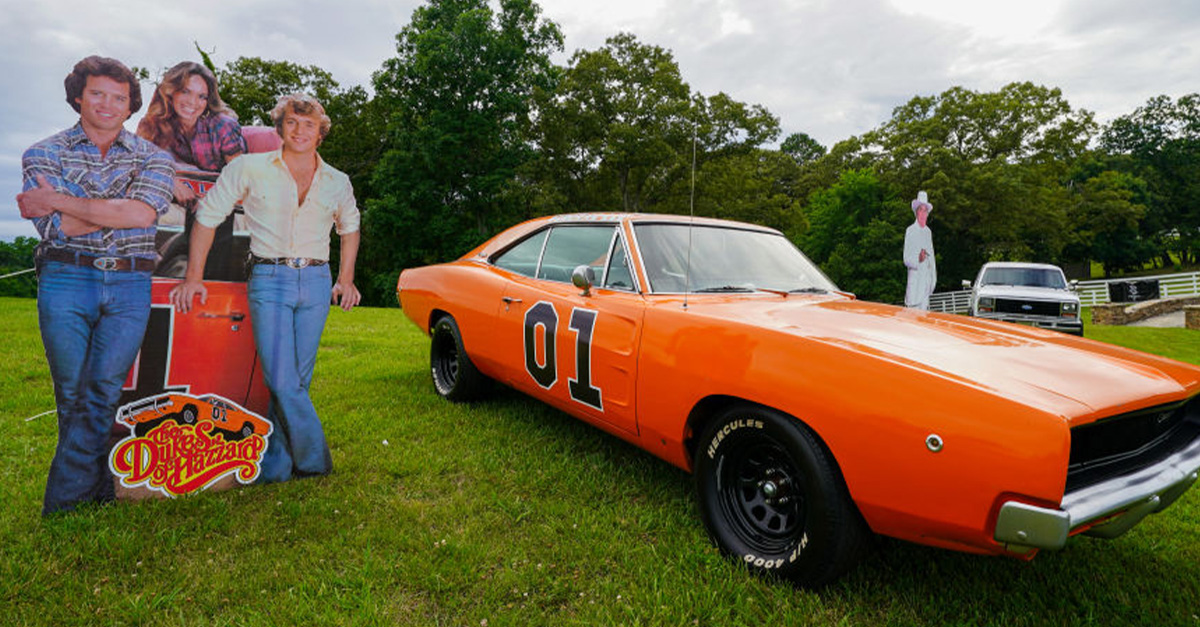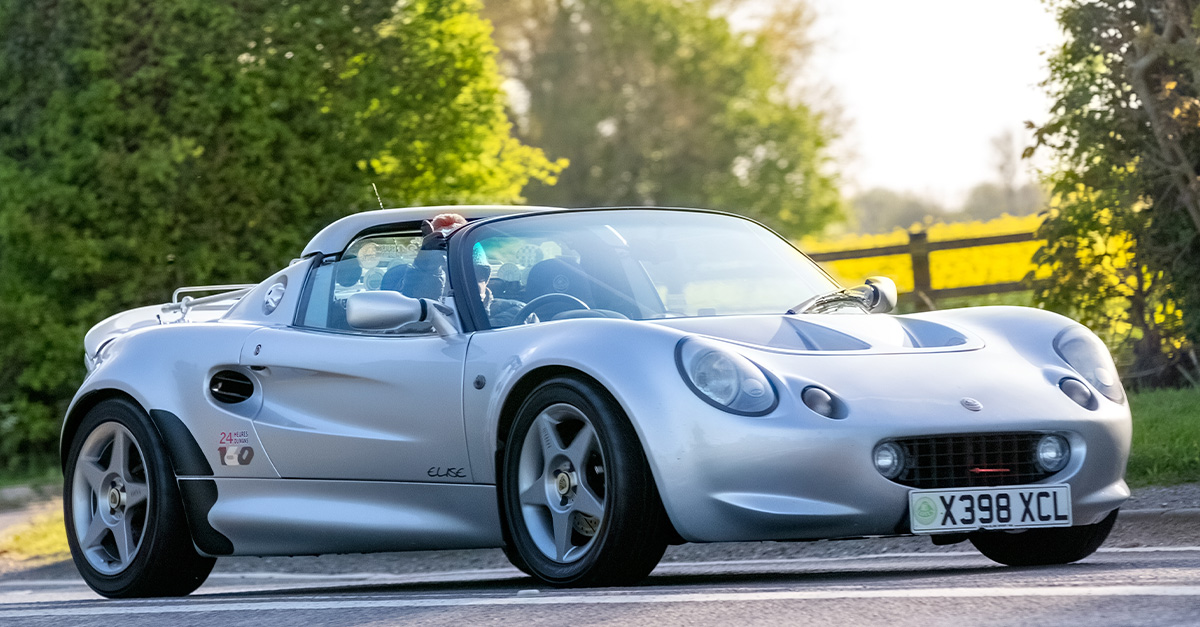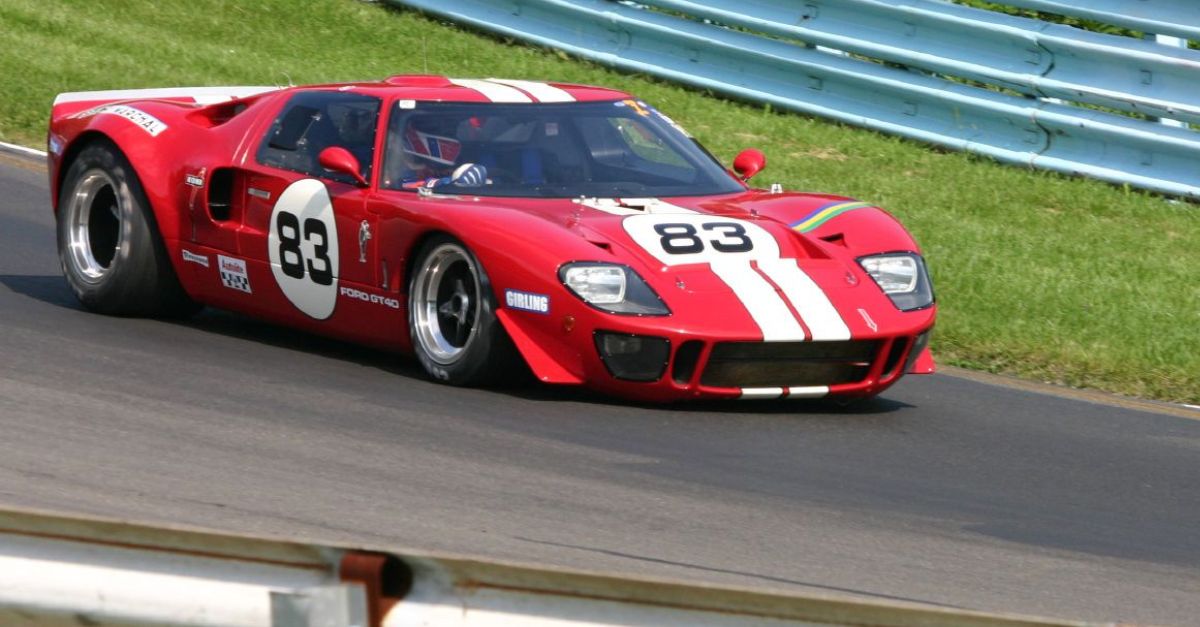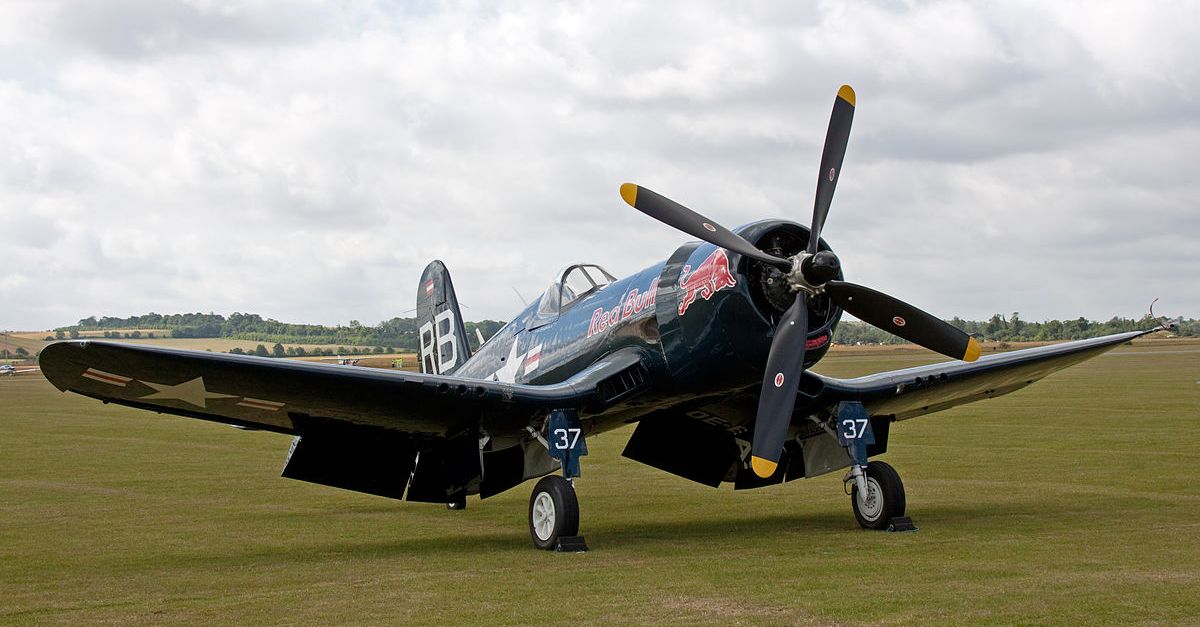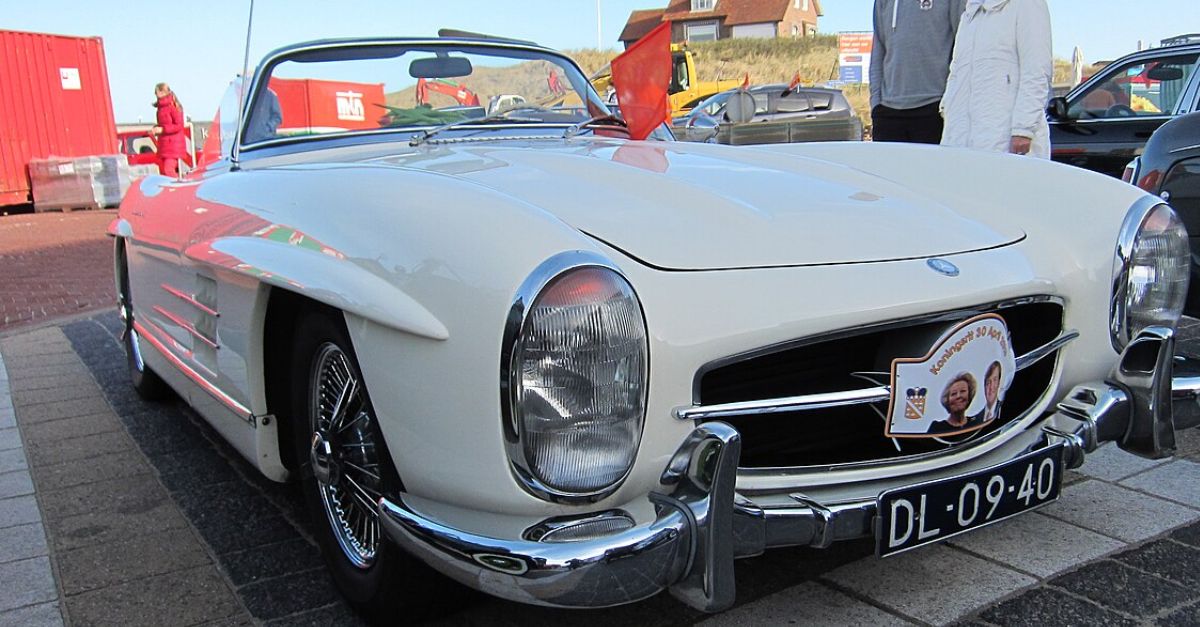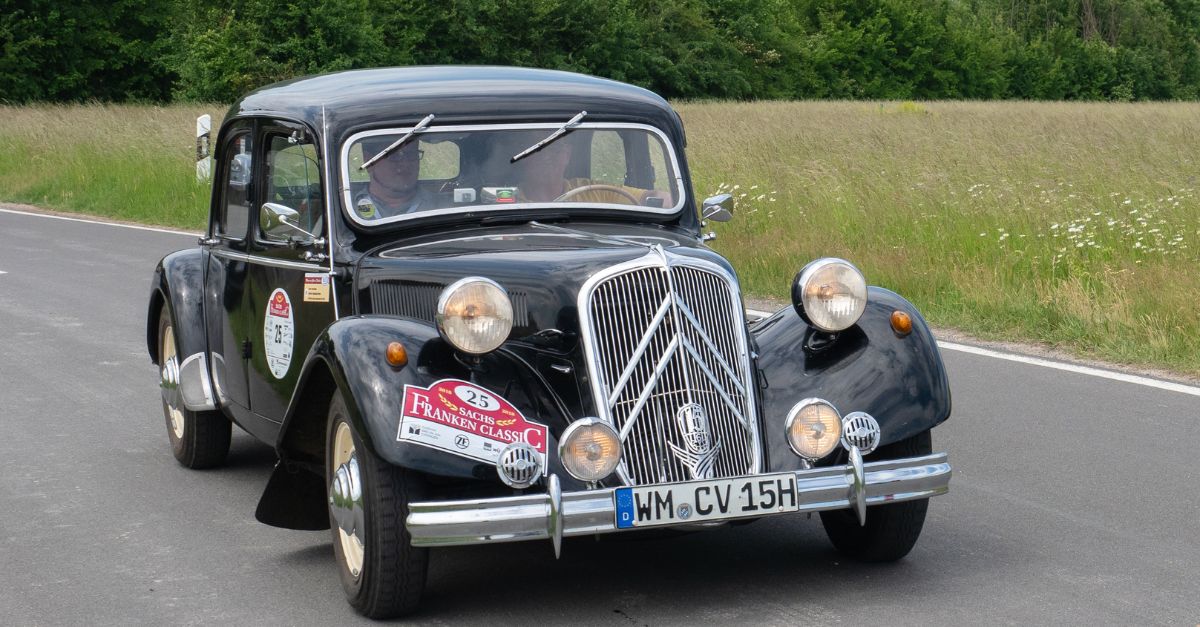Do You Remember These Iconic Movie Muscle Cars?
Muscle cars and movies are a match made in gasoline-soaked heaven. For decades, filmmakers have relied on rumbling V8s, tire smoke, and pure American horsepower to create unforgettable on-screen moments. Whether they’re outrunning cops, stealing the spotlight in a heist, or simply growling their way into the cultural imagination, these cars aren’t just props—they’re stars.
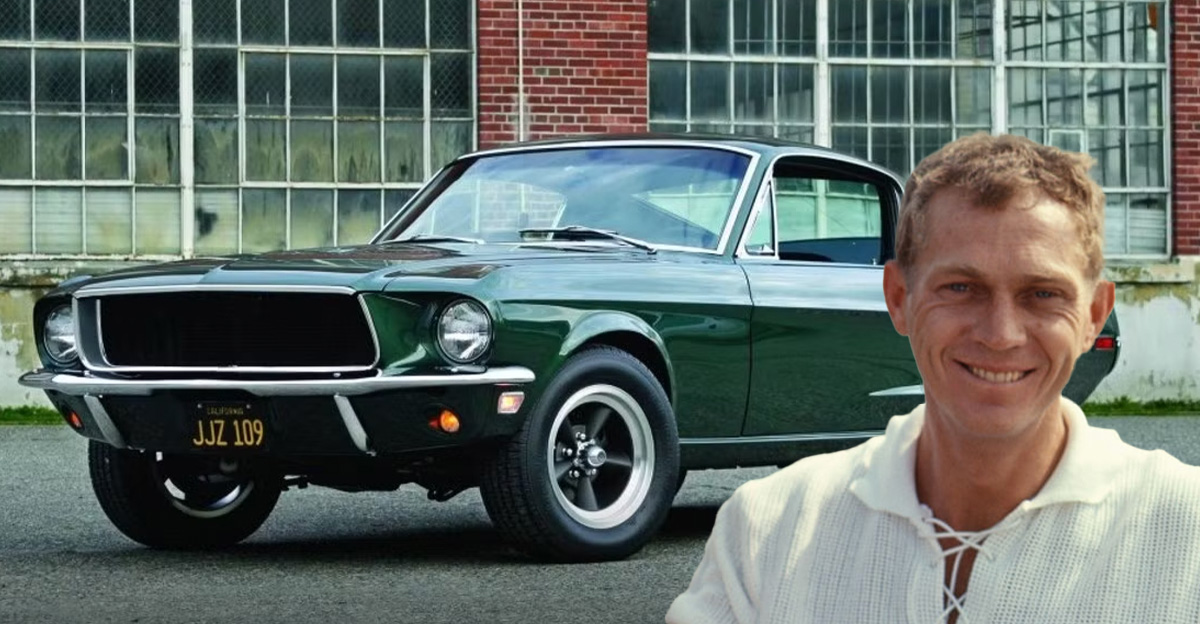
1968 Ford Mustang GT 390 – Bullitt
Steve McQueen’s Highland Green Mustang from Bullitt set the gold standard for car chases. The raw, unpolished 10-minute pursuit through San Francisco’s hills remains legendary, making the Mustang as much a co-star as McQueen himself. The stripped-down sound editing and thunderous V8 growl gave viewers goosebumps, cementing its reputation as the definitive cinematic chase car.
1970 Dodge Charger R/T – The Fast and the Furious
Vin Diesel’s Dominic Toretto brought this black beast into the modern spotlight. With a supercharger poking through the hood and family-fueled gravitas, it became the ultimate symbol of the franchise—and of unbreakable loyalty. Its wheelstand launch and quarter-mile glory shots made audiences instantly fall in love, showcasing Detroit muscle as the ultimate weapon of street dominance.
 Universal Pictures, The Fast and the Furious (2001)
Universal Pictures, The Fast and the Furious (2001)
1977 Pontiac Firebird Trans Am – Smokey and the Bandit
Burt Reynolds turned this black-and-gold Trans Am into a national icon. It wasn’t just a getaway car—it was swagger on wheels, complete with a screaming chicken decal and enough attitude to outrun Sheriff Buford T. Justice. The Bandit’s cocky grins matched perfectly with the Trans Am’s rooster tails of smoke, inspiring a whole generation to chase freedom at 100 mph.
 Universal Pictures, Smokey and the Bandit Part II (1980)
Universal Pictures, Smokey and the Bandit Part II (1980)
1969 Dodge Charger “General Lee” – The Dukes of Hazzard
Whether you loved or loathed its TV-to-movie leap, the orange Charger known as the General Lee is one of the most recognizable cars in pop culture. With its Dixie horn and jaw-dropping stunts, it’s forever etched in car movie lore. The endless jumps and impossible landings made it a true stunt car legend, surviving abuse that would break lesser vehicles in seconds.
 Warner Bros. Pictures, The Dukes of Hazzard (2005)
Warner Bros. Pictures, The Dukes of Hazzard (2005)
1973 Ford Falcon XB GT – Mad Max: The Road Warrior
Down under, George Miller’s wasteland vision gave us the Interceptor—a snarling, post-apocalyptic Ford Falcon. Supercharged and menacing, it became the unofficial mascot of end-of-the-world horsepower. Its guttural roar echoed desolation and chaos, turning the car into both weapon and shield in Max’s survival story. No wonder it remains one of cinema’s most fearsome mechanical icons.
 Intercepted: Mad Max's 1973 Ford Falcon GT Hardtop Pursuit Special, WasabiCars
Intercepted: Mad Max's 1973 Ford Falcon GT Hardtop Pursuit Special, WasabiCars
1967 Shelby GT500 “Eleanor” – Gone in 60 Seconds (2000)
Though the original ’74 film had its Mustang star, the Nicolas Cage remake transformed Eleanor into a cultural phenomenon. With custom bodywork, silver paint, and racing stripes, she was the unattainable dream car worth risking everything to steal. From drifting through docks to its nail-biting bridge jump finale, Eleanor stole every frame, becoming the ultimate definition of a “unicorn” muscle car.
 The Real $2 Million Eleanor From Gone in 60 Seconds | Go Baby Go, Autotopia LA
The Real $2 Million Eleanor From Gone in 60 Seconds | Go Baby Go, Autotopia LA
1970 Chevrolet Chevelle SS 454 – The Fast and the Furious
Brian O’Conner’s red Chevelle made a statement at the end of Fast & Furious. Brutish and old-school compared to the tuner cars, it symbolized Brian’s embrace of classic American muscle alongside Dom’s Charger. Its massive 454 engine and no-nonsense look made it pure intimidation, embodying brute force rather than flashy speed—a perfect counterweight to imports buzzing around it.
 Universal Pictures, The Fast and the Furious (2001)
Universal Pictures, The Fast and the Furious (2001)
1966 Ford Thunderbird – Thelma & Louise
Not every memorable muscle car needs a drag race. The turquoise Thunderbird became a symbol of rebellion and freedom, immortalized in that final, breathtaking leap into the Grand Canyon. As the car soared through the air, it represented liberation and defiance in cinematic form, proving that sometimes muscle cars can transcend horsepower and become icons of human spirit.
 Metro-Goldwyn-Mayer (MGM), Thelma & Louise (1991)
Metro-Goldwyn-Mayer (MGM), Thelma & Louise (1991)
1971 Chevrolet Chevelle Malibu – Drive
Ryan Gosling’s stoic “Driver” didn’t speak much, but his Chevelle did all the talking. Stripped-down and practical, it set the gritty, realistic tone of Nicolas Winding Refn’s neon-soaked crime drama. Its unflashy style made it menacing in its anonymity, showing that not all muscle cars need polish—sometimes pure function is even scarier, especially in the wrong hands.
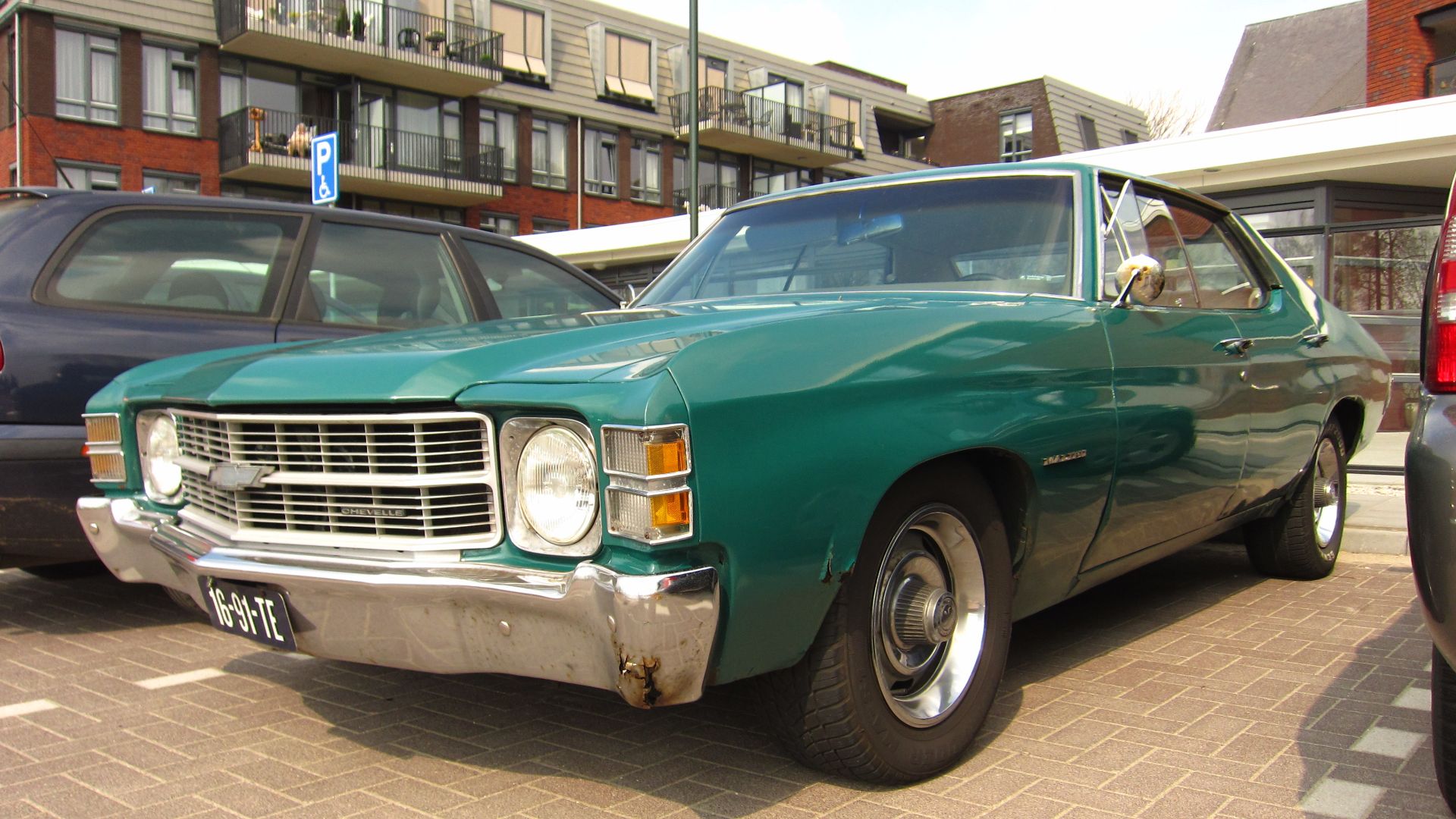 Rutger van der Maar, Wikimedia Commons
Rutger van der Maar, Wikimedia Commons
1970 Dodge Challenger R/T – Vanishing Point
Barry Newman’s white Challenger became a cult icon of counterculture cinema. Its cross-country dash against cops, bikers, and the establishment is still celebrated by gearheads today. The Challenger’s relentless push across the American West became a metaphor for freedom, speed, and resistance, while its raw V8 soundtrack delivered one of the most exhilarating road trip experiences ever captured on film.
 20th Century Fox, Vanishing Point (1971)
20th Century Fox, Vanishing Point (1971)
1968 Chevrolet Camaro RS/SS – Better Off Dead
Sometimes muscle cars show up in unexpected places. The black Camaro in this John Cusack cult classic is rebuilt from scrap, becoming the ultimate high school redemption ride. Its revival mirrors Cusack’s underdog journey, making the Camaro’s triumphant reappearance on screen feel like a victory lap. Few teen comedies gave Detroit muscle such a perfectly heartfelt role.
 Warner Bros., Better Off Dead (1985)
Warner Bros., Better Off Dead (1985)
1979 Ford LTD Country Squire Wagon – National Lampoon’s Vacation
It’s not sleek or fast, but Clark Griswold’s “Family Truckster” deserves mention. A parody of overstuffed American family wagons, it turned muscle into mayhem with every misadventure. Its hideous wood paneling and absurd design made it unforgettable, proving even a bloated station wagon could leave a mark on automotive cinema. Sometimes comedy gives us the most unlikely icons.
 Warner Bros., National Lampoon’s Vacation (1983)
Warner Bros., National Lampoon’s Vacation (1983)
1970 Plymouth Barracuda – Phantasm
This sinister black ’Cuda perfectly fit the eerie atmosphere of Phantasm. Its menacing presence made it one of horror’s most underrated four-wheeled stars. With its dark styling and ominous aura, it mirrored the film’s otherworldly terror. Horror fans still celebrate it as proof that muscle cars aren’t just for action—they can be haunting characters in their own right.
 AVCO Embassy Pictures, Phantasm (1979)
AVCO Embassy Pictures, Phantasm (1979)
1972 Ford Gran Torino – Gran Torino
Clint Eastwood’s crusty Walt Kowalski treats his Torino like sacred ground. More than a car, it’s a character symbolizing pride, heritage, and old-school Detroit muscle. Its unpolished presence on screen gave it weight, standing tall as a metaphor for fading eras of American steel. In Eastwood’s hands, it became a symbol of resilience, legacy, and reluctant redemption.
 Warner Bros. Pictures, Gran Torino (2008)
Warner Bros. Pictures, Gran Torino (2008)
1971 Pontiac LeMans – The French Connection
Gene Hackman’s Popeye Doyle wasn’t behind the wheel of an exotic—he drove a modest LeMans. But the chase scene under the elevated train line? It remains one of cinema’s greatest displays of urban driving chaos. The LeMans may not scream power, but its gritty realism amplified the tension. Sometimes muscle cars shine brightest when paired with pure desperation.
 20th Century Fox, The French Connection (1971)
20th Century Fox, The French Connection (1971)
1965 Pontiac GTO – xXx
Vin Diesel again, but this time trading Dom’s Charger for a purple GTO in xXx. Flashy, loud, and borderline absurd, it fit perfectly with the film’s extreme-action ethos. Its cartoonish gadgets and over-the-top style screamed “Hollywood muscle,” cementing its place as one of the wildest muscle car appearances of the early 2000s. Sometimes excess is exactly the point.
 Sony Pictures Releasing, xXx (2002)
Sony Pictures Releasing, xXx (2002)
1974 Dodge Monaco – The Blues Brothers
Jake and Elwood’s ex-police Dodge may not look like much, but the “Bluesmobile” pulled off impossible stunts—from leaping bridges to outrunning hundreds of squad cars—proving it was powered by divine intervention. Its downtrodden appearance made its feats even funnier, and its unlikely durability elevated it into legend. No pristine showroom car could ever match its comedic brilliance.
 Universal Pictures, The Blues Brothers (1980)
Universal Pictures, The Blues Brothers (1980)
1970 Chevy Nova – Death Proof
Quentin Tarantino’s Death Proof weaponized muscle cars. Stuntman Mike’s Nova was terrifying, proving that Detroit steel could be as scary as any horror villain. Its sinister black paint and stripped-out interior gave it a brutal presence, while Tarantino’s grindhouse approach ensured the Nova became a terrifying predator. Sometimes, muscle cars don’t just chase—they hunt.
 Dimension Films, Death Proof (2007)
Dimension Films, Death Proof (2007)
1971 Plymouth GTX – Tommy Boy
Chris Farley’s bumbling antics destroyed more than egos—his father’s Plymouth GTX took a beating. Still, it remains an underrated gem in the pantheon of movie muscle. Every dent and scrape hurt gearheads’ souls, but the car’s tragic fate became comedy gold. Few films capture the heartbreak and hilarity of muscle car abuse quite like Tommy Boy.
 Paramount Pictures, Tommy Boy (1995)
Paramount Pictures, Tommy Boy (1995)
1970 Buick Skylark – My Cousin Vinny
Sometimes, courtroom drama depends on a muscle car. The Skylark became pivotal evidence in one of cinema’s funniest legal showdowns, reminding us even small-block V8s can steal the show. Its role as the key to solving a murder trial gave it unique fame. For once, a muscle car wasn’t about racing—it was about truth, logic, and justice.
 20th Century Fox, My Cousin Vinny (1992)
20th Century Fox, My Cousin Vinny (1992)
Which Is Your Favorite Movie Muscle Car?
From Steve McQueen’s Mustang in Bullitt to Dom Toretto’s Charger in The Fast and the Furious, these cars have proven that muscle on the silver screen isn’t just about horsepower—it’s about character. They roar, they rumble, they break the rules, and they stay etched in memory long after the credits roll.
You May Also Like:
Bruce Wayne's Garage: A Fictional Fleet Of Billionaire Dreams
Every Bugatti Model Ranked By Top Speed

